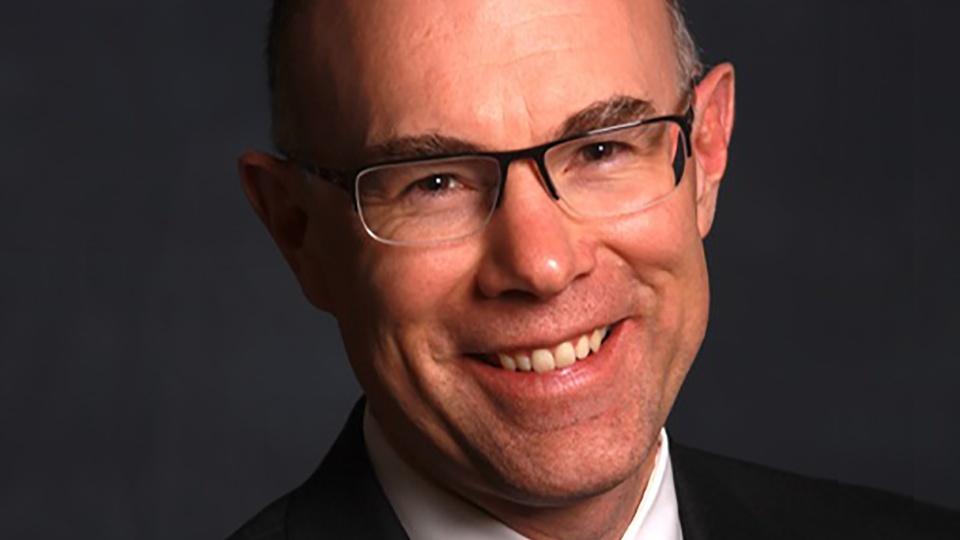
ART VIEWS
A few years ago, I wrote some thoughts about why I play music. Here it is:
***
The Why of Music
By Scott Faulkner
July 2018
“People don’t buy what you do. They buy why you do it.” -Simon Sinek, from ‘Start with Why’
Although one might think it self-evident why we musicians do what we do, or that a ticket buying audience member would give any thought at all to this, Simon Sinek’s statement is just as relevant for musicians and artists as it is for entrepreneurs and salespeople. Since music is nothing but vibrating air, the intangible and elusive “why” is not only essential, it’s about all we’ve got.
In any field it is easy to forget about the “why” and bog down in the “what” and the “how.” Music is no different. Playing music well is really difficult, so we musicians have to focus a great deal of energy and time on what we are doing and how we are doing it. When we lose sight of why we are doing it, making music can become like any other drudge. I think about this a lot and while I wouldn’t begin to try to speak on behalf of all musicians, here are some of the reasons why I play music.
Because I love it. There is a certain magic about the way musical sounds ring and mingle and fade and complement each other that is unlike anything. It is a lot of fun to work on something and then perform it. We all know what music can do to heighten the emotion of a movie or a moment. Whether I’m playing or just listening, that music can still, regularly, give me goose bumps, inspire me to run faster on the treadmill, make me happy, or cause tears to well up is astounding. Playing music is nothing short of attempting to control time and space, and every once in a while, we come close enough to doing so that time and space evaporate for a moment. When these miraculous moments happen, all the hard work is worth it and one experiences pure joy.
Because it serves. As a performer, certainly one of the big rewards is sharing the music I make with the audience. Whether or not they paid for a ticket and made it a transaction, I see the music I make as service to them. But as a bassist, and one who plays an accompanying instrument, the reward of my job is often to make others sound better.
Because it heals. Most of the audiences I play for aren’t in the hospital or nursing home, but hopefully the music my orchestra colleagues and I make in the concert hall is balm for those in attendance. Outside of the hall there is noble and important work being done by groups around the country like Note-Able Music Therapy Services; Project: Music Heals Us; and Street Symphony. We musicians need to be ever more intentional about taking our music to people and connecting genuinely with them where they are at, especially if those people are in different and challenging settings.
Because it connects. Sadly, there are fewer and fewer things in our world that we can all agree on, but music is one. A rabid conservative and a devoted progressive who would seem to have nothing in common can play beautifully together or sit side-by-side in the audience and both get goosebumps and tear up. Musicians and audiences of different genders, ethnicities, religions, and backgrounds can come together around music. We, especially those of us in positions of power and privilege, need to work at being ever more inclusive, on-stage and off.
Because I can.Lest the previous “whys” feel a bit disgustingly goody goody, part of why I play music is simply because I have the ability to do so. It has become a big part of my identity. If I hadn’t been a shrimpy 9th grader who couldn’t hit a curveball, or had partied instead of practiced on Saturday nights in high school, who knows what I might be doing now? Musicians often hear that “you’re so lucky to get to do what you love.” This is true, but sometimes a job is a job, and there are plenty of nights I would rather stay home with a glass of wine than head out to rehearsal.
Because it helps bring meaning to the world. Ultimately it is art’s transcendent power to bring and reveal meaning to the human condition that is why we do what we do.
"Art exists to create meaning for individuals, communities and societies." -Ken Foster, Arts Leadership: Creating Sustainable Arts Organizations"
***
In revisiting this essay in 2024, it still holds true for me. Almost six years later, there are however a few issues and concerns I now lay over this essay. As our world feels more and more fractured and divided, I feel ever more strongly about music’s ability to connect. Especially through the act of live performance we can come together as one, and at least for a few hours, put aside political and philosophical difference. I can think of fewer and fewer situations, where fellow Americans can do this, and for me that is motivation to preserve, protect, and defend the concert hall and what happens in it.
Additionally, I have been reading musician, scholar, and thinker Ted Gioia’s blog The Honest Broker. Recently he’s delved into fascinating, if horrifying, ruminations about our current state of culture, the addictive power of quick-pleasure dopamine blasts (and corporations who profit from that addiction), as well as the importance of ritual. Links to three of his recent articles are below. In a world of TikTok length performances, mindless doom scrolling, and curated echo chambers, I am inspired to continue providing a place where fellow human beings can physically come together in the same time and place, and share an experience that will engage, entertain, enrich, and inspire them. Where attention spans will be stretched beyond three minutes, or even thirty seconds. Where conversation is encouraged before and after (preferably not during) the performance. And where meaningful rituals from across the centuries can be celebrated and perpetuated. These seem like really simple things, but more and more we see them less and less.
Sometimes this overwhelming world causes me to scream the question, “how could Scott Faulkner possibly make a meaningful difference?” Making and sharing music feels like a small and positive step in the direction of a kinder more empathetic humanity, and it is at the heart of why I will continue to make music, for myself and my community.
Articles by Ted Gioia:
https://www.honest-broker.com/p/the-state-of-the-culture-2024
https://www.honest-broker.com/p/13-observations-on-ritual
https://www.honest-broker.com/p/how-to-break-free-from-dopamine-culture
Book: Dopamine Nation by Dr. Anna Lembke
For opportunities to partake of the power of shared musical experience, please join us at the upcomingReno Chamber Orchestra (March 16, 17) and Reno Phil (March 23, 24) concerts.
Scott Faulkner is principal bassist of the Reno Chamber Orchestra and Reno Phil. In his work with the League of American Orchestras, he is faculty director of the Essentials of Orchestra Management and director of the League Alumni Network.

ART VIEWS
Meet Reno Phil President and CEO Aaron Doty by Scott Faulkner — February 9, 2024
Looking Ahead at 2024 by Scott Faulkner — January 5, 2024
NCMF 20th by Scott Faulkner — November 24, 2023
Reno Phil Concert Preview by Scott Faulkner — October 13, 2023
Reno Phil CEO Search by Scott Faulkner — July 28, 2023
Reno Phil Concerts This Summer by Scott Faulkner — June 23, 2023
Songs about Spring by Scott Faulkner — March 10, 2023
Bowing by Scott Faulkner — February 3, 2023
Nevada Chamber Music Festival's Holiday Gift by Scott Faulkner — December 23, 2022
Thankful for Christmas Music by Scott Faulkner — November 25, 2022
Incredible Alumni from Essentials of Orchestra Management Seminar by Scott Faulkner — October 21, 2022
Falling for Orchestra: A Season of Events by Scott Faulkner — September 23, 2022
Thoughts on Leadership by Scott Faulkner — August 26, 2022
Greetings from New York City! by Scott Faulkner — July 29, 2022
H. Elizabeth Lenz by Scott Faulkner — July 1, 2022
A Thousand Blended Notes by Scott Faulkner — June 3, 2022
Music Not to be Missed in May by Scott Faulkner — May 6, 2022
Classical Music Galore by Scott Faulkner — April 8, 2022
Chord Changes by Scott Faulkner — April 1, 2022
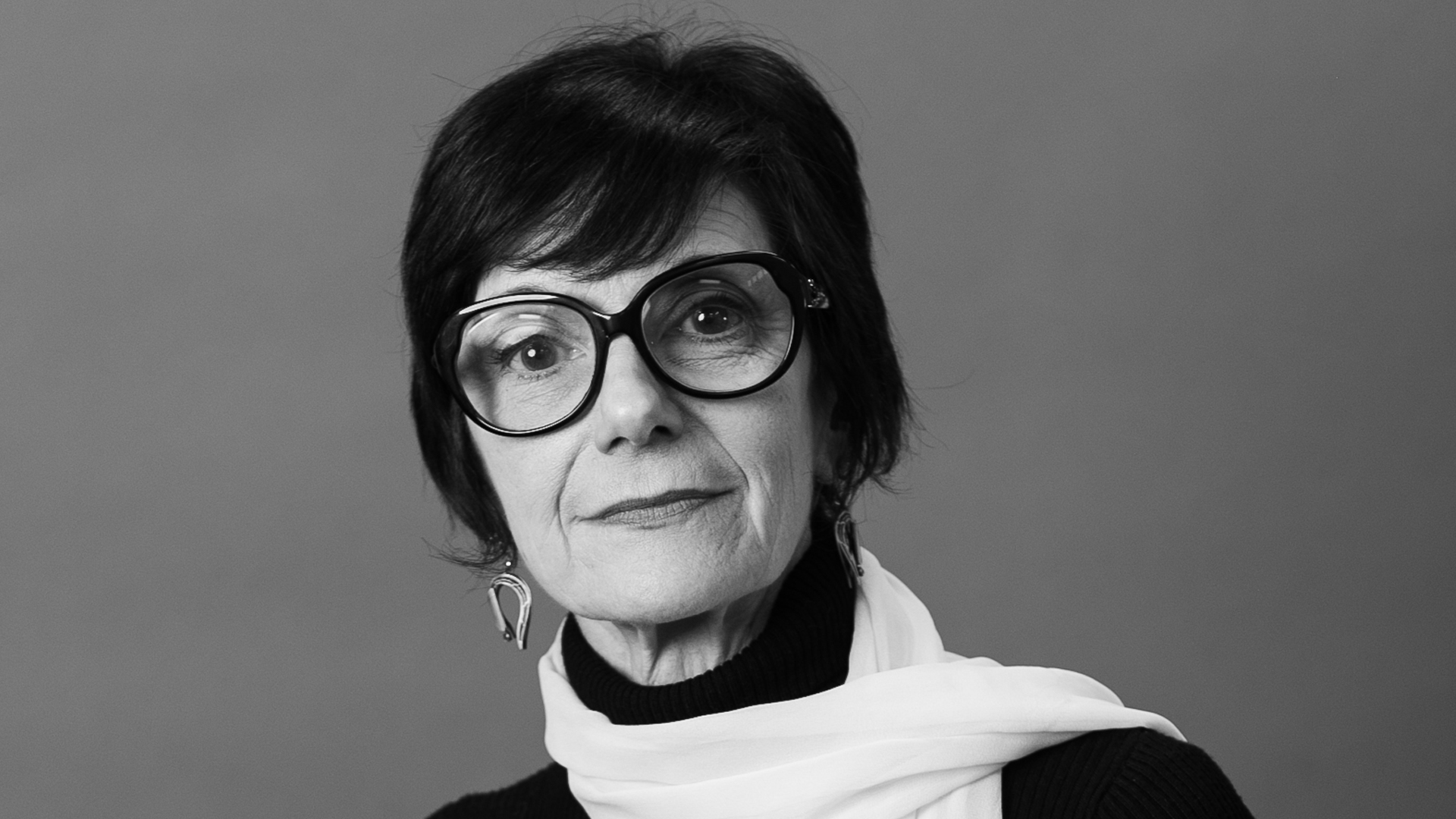
ART VIEWS
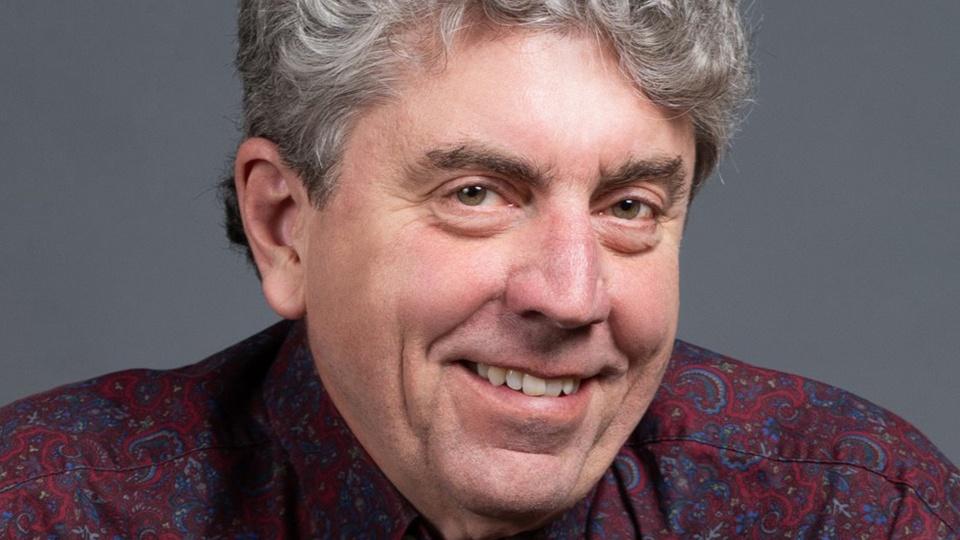
ART VIEWS
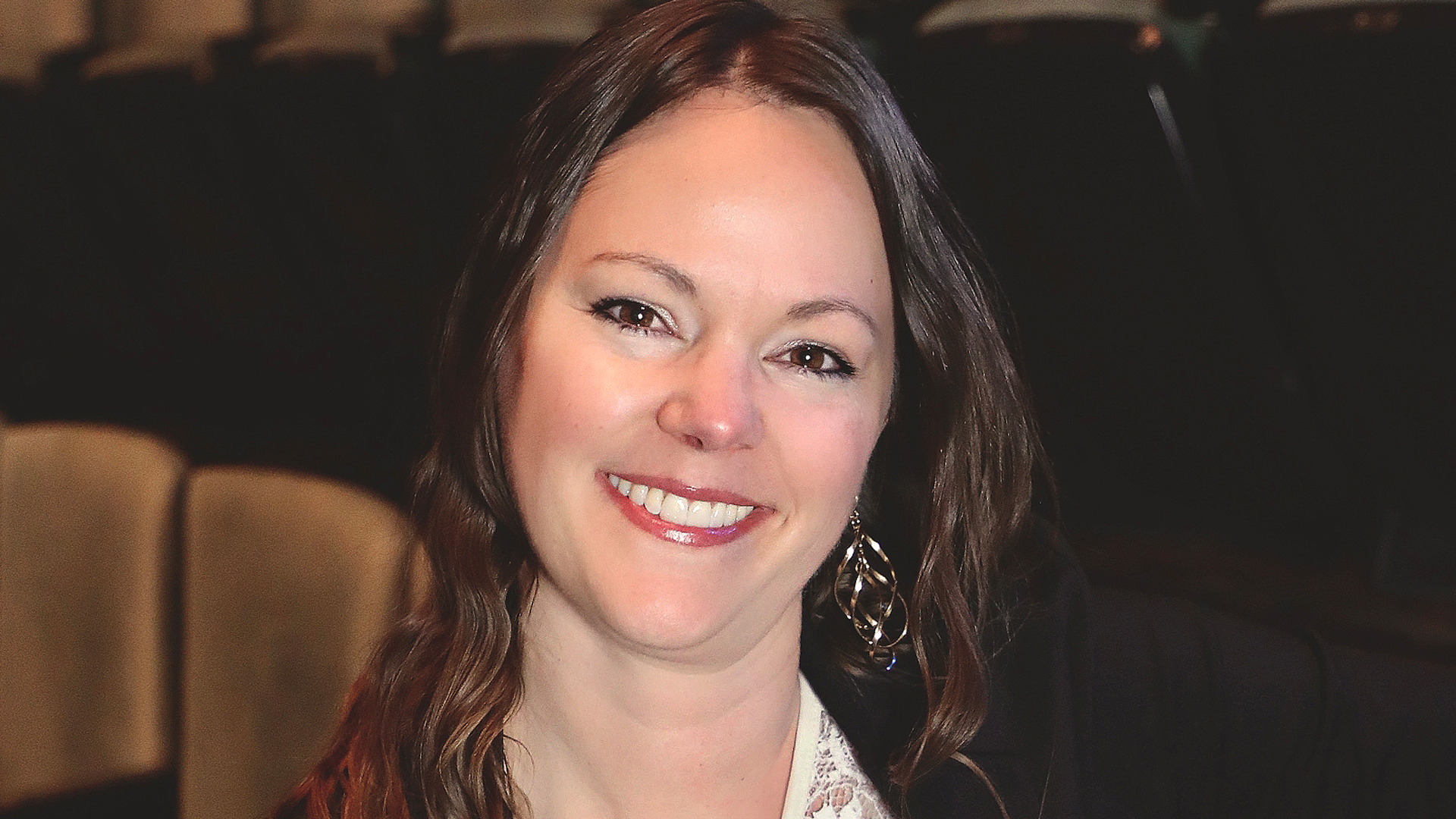
ART VIEWS
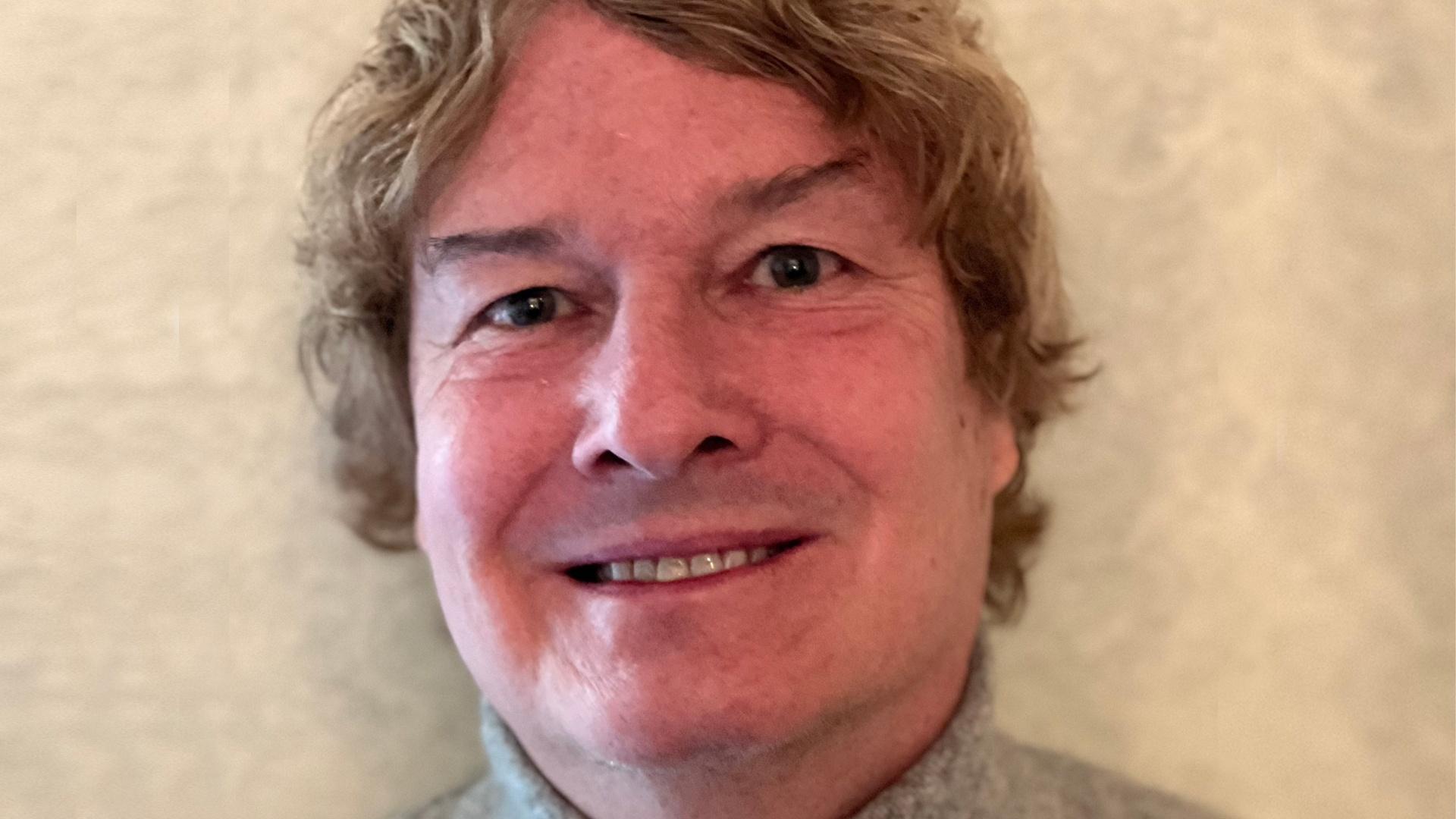
ART VIEWS